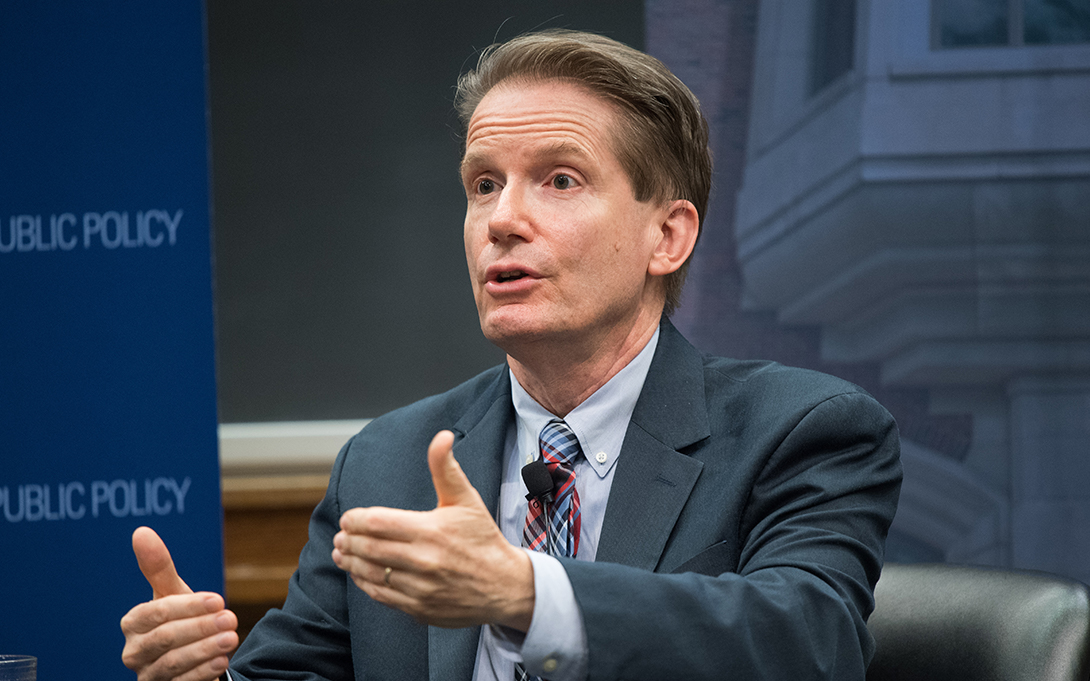
During the Trump administration, blue states found comfort in federalism and states' rights, using the system to fight against federal environmental policies. Barry Rabe, J. Ira and Nicki Harris Family Professor of Public Policy, further discussed the issue.
"For the party out of power, there’s often a kind of discovery of federalism because it gives a greater chance of getting what you want," Rabe told Governing.
Although state-level action can help push back against federal policy, the political stars must align for it to happen. For example, Pennsylvania is currently attempting to join the Regional Greenhouse Gas Initiative (RGGI), a cap-and-trade program for power plants encompassing 12 Northeastern states. But the membership might not survive the upcoming election.
“It is a really significant expansion and one that the RGGI states have been pulling for for a long time,” Rabe told Scientific American. “This could have the weakest footing of any of the now 12 states that have joined RGGI. … Pennsylvania-style RGGI is largely the work of a term-limited governor who can’t choose his successor and doesn’t have a basis of support currently in the Legislature.”
Read the items featuring Rabe:
-
The Volcanoes That Are Defining Today’s Federalism, Governing, April 26, 2022
-
Carbon Cap and Trade Is Set to Start in Pennsylvania—but for How Long?, Scientific American, April 26, 2022
